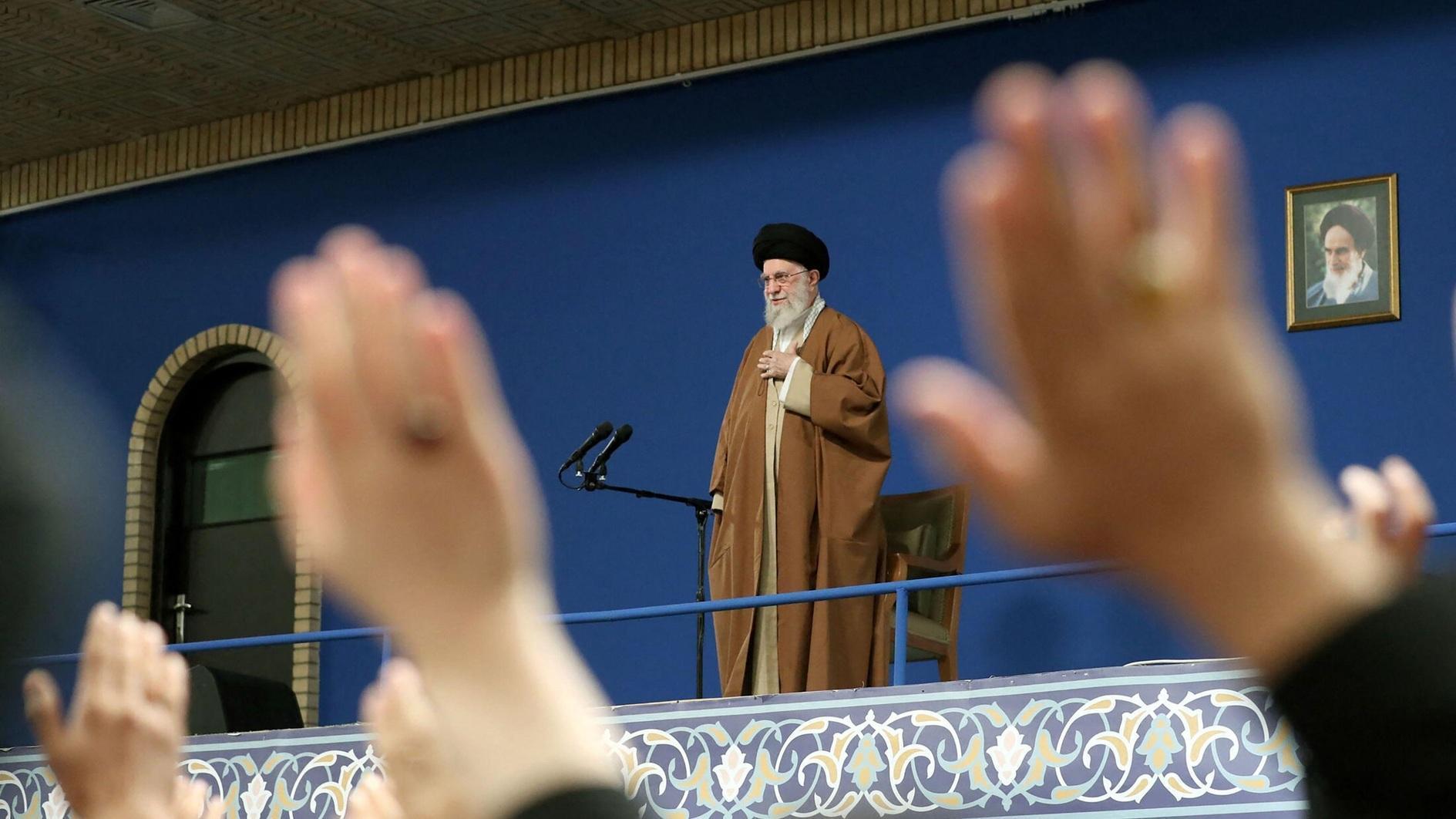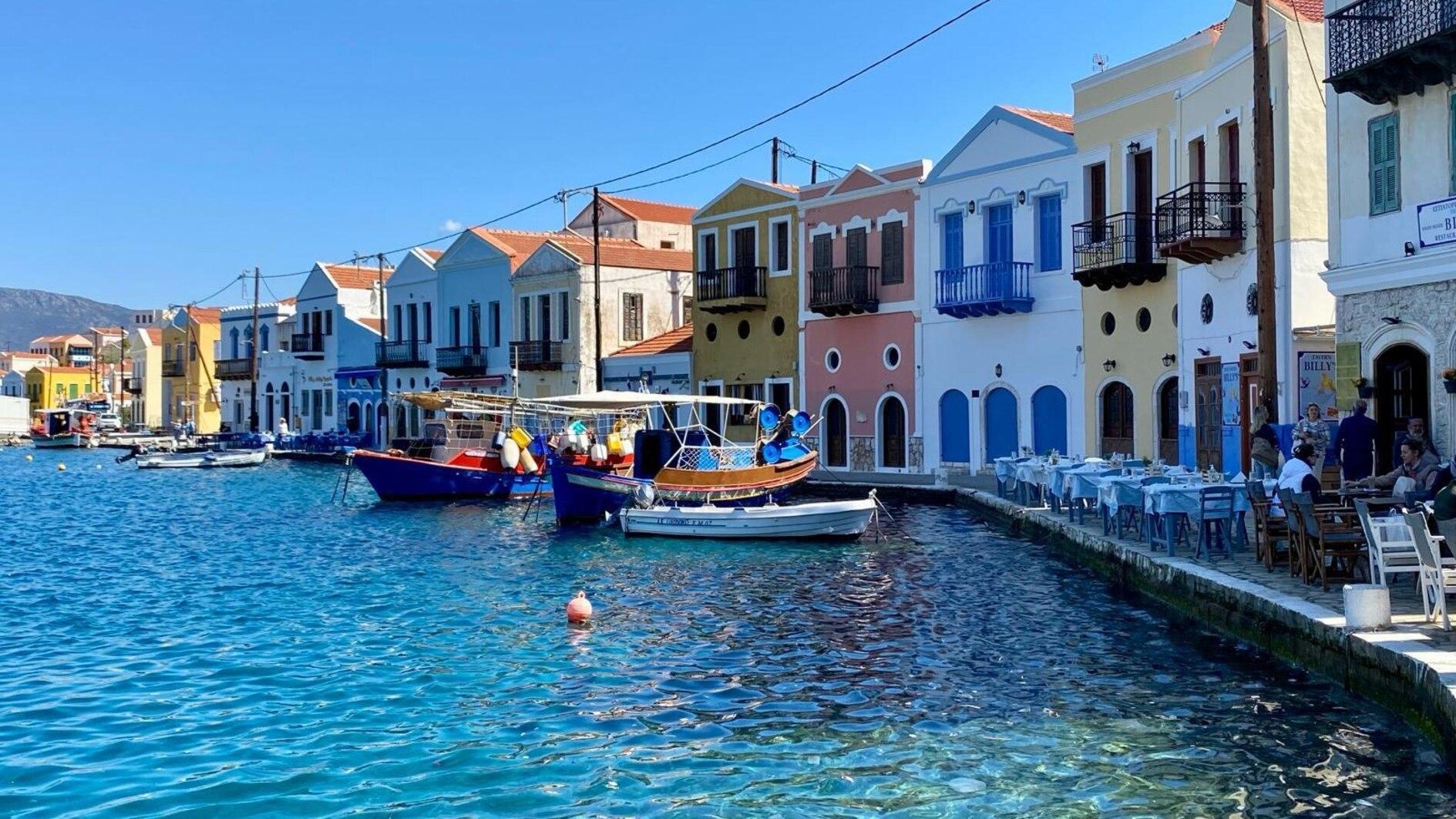Cyprus talks… Failed again…
Is it possible to walk the same road but reach a different destination? What an awkward question for anyone with some brains. But apparently there are many people who believe that after attempting to reach a federal solution on Cyprus through talks with the same methodology and framework, there might be still a chance of striking a deal. What a great capacity of imagination?
Turkish Cypriot President Mustafa Akıncı was on the way back to North Cyprus yesterday after week-long contacts in New York, including a meeting with United Nations Secretary-General Antonio Guterres. The end result he achieved was an outstanding failure. He told reporters that he saw that the secretary-general was intending to undertake some new moves on Cyprus and perhaps might consider to call for a tripartite summit or a five-party conference, including the three guarantor powers and the representatives of the two communities on Cyprus. Akıncı said after all those years of discussions and convergences achieved there should be no doubt regarding either the rotation of presidency, effective participation in governance and, of course, the political equality of the two people of Cyprus.
He must be naïve to believe that Greek Cypriot leader Nikos Anastasiades would now change his position after repeating so many times that accepting effective Turkish Cypriots equal participation demand would mean “succumbing to minority.” According to Akıncı, Guterres should tell Anastasiades that political equality was a done deal, has become a U.N. parameter, and that there should be no further discussions on it. Good luck. Just this week, at the fabricated Oct. 1 anniversary celebrations of the Cyprus Republic, Anastasiades reiterated that his goal remained to expand his government’s rule over to North Cyprus, get Turkey’s troops and post-1974 Turkish settlers out of Cyprus and such and such…
Back in 1977, the communal leaders of the two people of Cyprus met at a “high level meeting” and agreed on a set of parameters for a Cyprus solution. Accordingly the target was to reach a federal resolution based on bi-zonality, bi-communality and the political equality of the two sides.
Over the decades, negotiators changed, but the target remained intact. There was a perception – a success of the Greek Cypriot propaganda machine and intentional ignorance of the international community – that while Greek Cypriots were trying to “unite their homeland,” the Turkish Cypriot side was not interested in a resolution. In the 2004 vote on the so-called Annan Plan, and later at the most recent 2017 Crans Montana process, Turkish Cypriots proved their strong determination for a painful compromise resolution while not only they voted to kill the 2004 plan but also proved in the latest round of official and non-official exchanges their antagonistic determination to oppose any compromise.
As was demonstrated in latest remarks of Akıncı, all through the past 50 years, he and the romantic segments of the Turkish Cypriot left that remained hopeful that Greek Cypriots would one day change their position and there would be a compromise federal deal. However, as Akıncı – for a change—conceded from time to time as well, while Turkish Cypriots continued to be condemned to live under embargoes and isolation, Greek Cypriots continued benefitting from the government of Cyprus status temporarily accorded to them in 1964 while dispatching U.N. peace troopers for the first time.
Enough is enough. Greek Cypriots have been benefitting from the rewards of non-solution on the island, while Turks are being punished and condemned to isolation. Under such conditions Turkish Cypriots have no other option but to come closer and integrate with Turkey.
Particularly after Greek Cypriots were awarded EU accession just days after they killed the U.N. plan in 2004, they have been following a rather antagonist policy with a belief that playing on time, exhausting Turkish Cypriot patience and forcing them to succumb and accept to become their subordinated minority.
The April presidential vote in North Cyprus will most likely become a referendum between federalists and those who say federation cannot be established, now a two-state resolution should be the target.
If after more than 13 months of diplomacy the envoy of the U.N. secretary-general could not even complete a reference points on which new talks should be constructed, it must be clear for everyone wishing to see a resolution on Cyprus that time is up to change the methodology, framework as well as the target wanted to be achieved.











